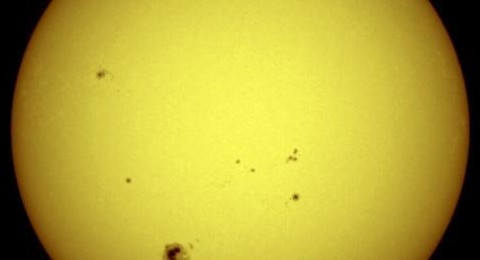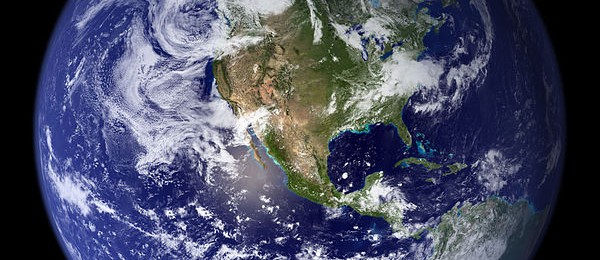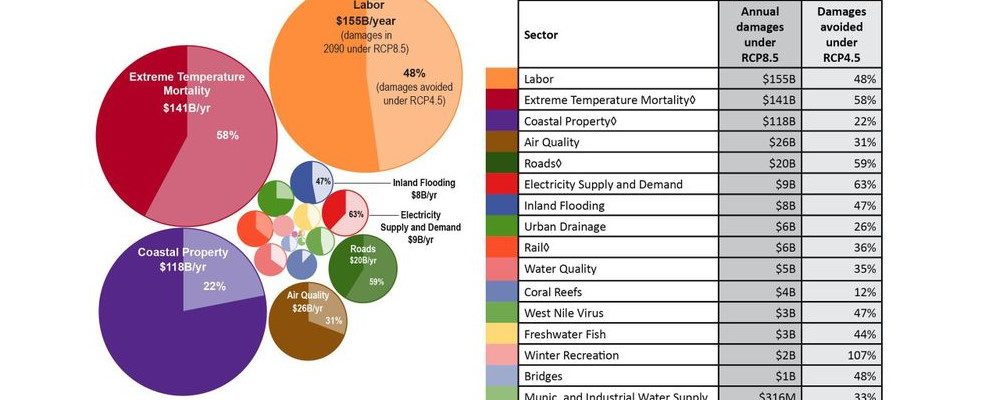Climate science
-

One of the arguments against human-induced warming of the earth is that changes in solar output are driving temperature variations. And on a glacial time scale, that is true. But how about more recent changes? The Royal Meteorological Society has a new podcast and briefing paper which addresses this issue and the science behind it.…
-

The American Meteorological Society (AMS) is the main professional society of atmospheric scientists in the world, with several thousand active members. I have been a member since I started graduate school in 1980, and currently serve on their Board of Certified Consulting Meteorologists. This week the AMS released their latest statement on climate change, which…
-

CNN produced an interesting quiz based on information from Project Drawdown, which is aimed at reducing greenhouse warming in our everyday lives. You can take the quiz here. As you take it, you will note that many of the best solutions don’t have to do with reducing meat consumption or other aspects of agriculture but…
-

You’ve all seen mirages. One of the most common is a phantom image that looks like water on a highway. Mirages are caused by vertical variations in temperature that can bend light rays, resulting in distant objects looking much different than their actual appearance. Atlas Obscura has an interesting article on mirages this week that…
-

This week BBC broadcast a new 1-hour special on the science of climate change which provides a very good overview of the current state of climate science. The story is told from a British viewpoint but provides an excellent overview of climate change, how we know it exists and how it is changing our earth’s…
-

Trend magazine produced an interesting map of the earth this week showing where water is being gained or lost using microgravity measurements from satellites. It shows that some areas of the world like the Central Valley of California are losing water due to groundwater depletion, while the big ice sheet of Greenland is losing water…
-

This week the US Environmental Protection Agency released a new report on the costs of the changing climate and the benefits to consumers, businesses, and others on making choices that help prevent the worst effects of a warmer climate. Some of the figures in their report were previously shown in the massive NCA2018 report that…